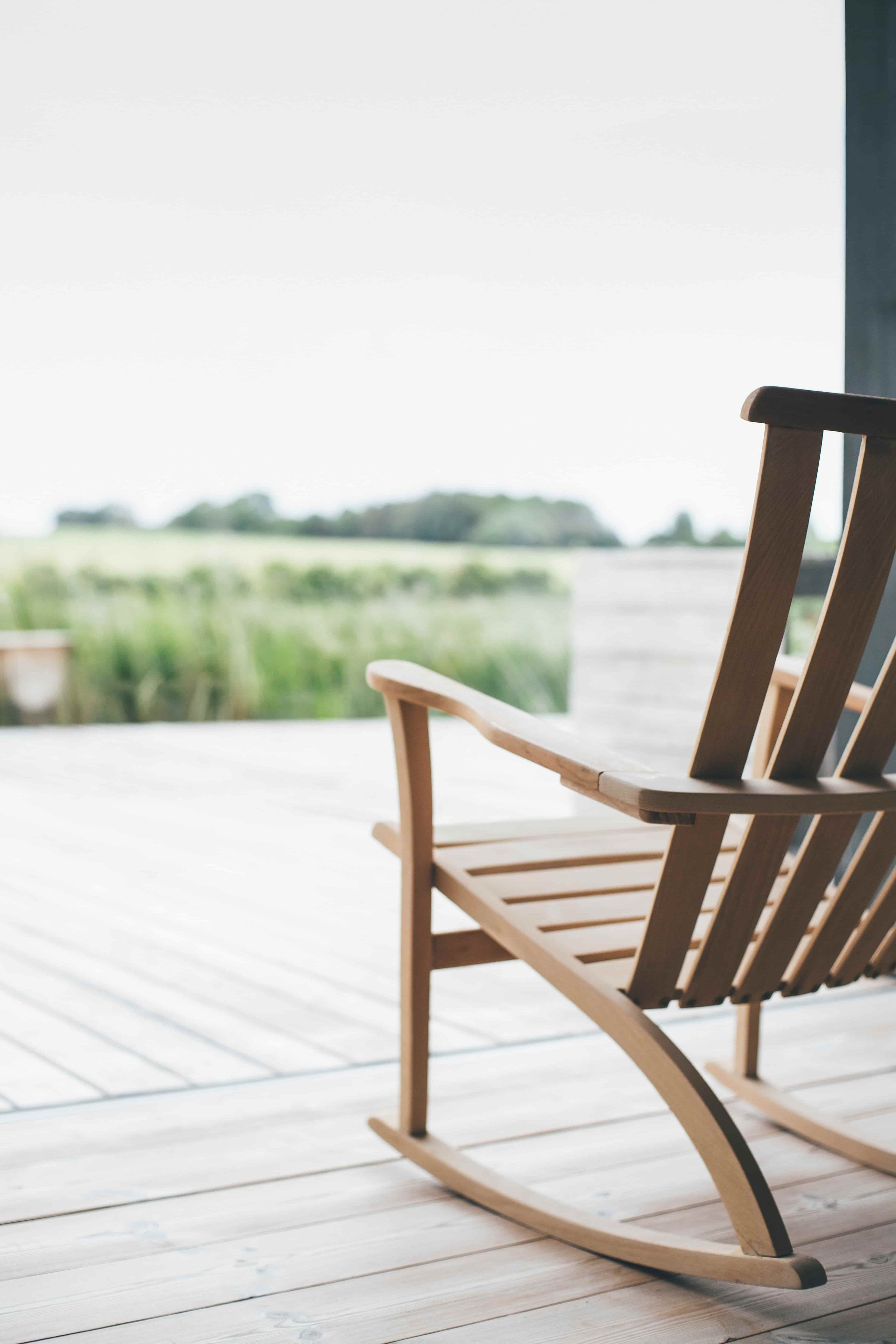My top three questions about personal retreats
For ten years I’ve been doing personal retreats - spending 2-3 days alone, simply figuring things out. The first time - Summer 2009 - I was living in New York City and I can’t remember what prompted it, but I had worked for myself for two years and I think I was just stressed out, a bit broke, and probably a bit lost.
I remember having friends and colleagues who were going on group retreats, some to the coast, some to Bali, and I knew I couldn’t spend the money, but also knew it was what I needed. Did normal people even use the word “retreat” ten years ago? Anyway, I’ve been doing personal retreats ever since and consider them one of the most important personal and business tools in my life.
Friends often ask me what in the world do when I’m on a personal retreat?
Or, what a personal retreat is in the first place. And they often follow up with something like - “yeah - good idea, but when am I going to have time for that? Focusing on myself is just not in my business plan.”
But, I don't know ANY human who doesn't need this and who won't benefit from it. It's time away from your day-to-day life, with as many distractions as possible removed, where you can be quiet and focused; you’ll depart with greater clarity - or maybe greater focus - or more dreams - or just a better sense of self.
It all depends on what you need. And at least with me, that changes all the time.
I find one of the greatest takeaways of a personal retreat is the ability to see the world through a new lens, a fresh perspective; this enables me to have the time and space to NOTICE what that looks like.
It helps me spark new ideas and renew old ones. The shift in perspective is HUGE. When you change your perspective, you literally open up new places in your brain for new thoughts.
My very first retreat in 2009 was at dear friend's cabin. I took six books, a notebook, some wine and highlighter pens. My last one a couple of months ago, I had a full agenda and whiteboards. They were both fantastic.
Sometimes I’ve needed these retreats more for rest and respite, but typically, I am doing a combo of personal rest and business goals.
After the first one I felt I knew myself better than I had in years.
After this recent one I was more productive for the next few weeks than I had been in years.
A couple of years ago, Dave and I started doing them together - he likes to call them off-sites. We spend about 60% of our time on our businesses, 20% on our relationship, and another 20% on ourselves. But, more on couple retreats later.
In the meantime, here are three questions I am often asked:
1 | What about group retreats - do you not like those?
I’m a HUGE believer in group retreats, small/intimate conferences, masterminds, etc. I think being in the company of other women with a leader directing us really helps us see our own businesses and ourselves through a different lens.
But, we also need to listen to those voices inside of us. And that is very hard to do with the distractions, daily life, the lack of quiet, and the fear.
When you are quiet with yourself - not even meditation as much as not scrolling, not talking, just BEING and calming your brain - you will be amazed by what comes up. When you are quiet with yourself, you hear things that have often been in the background all along; your brain was just too noisy to hear it.
2 | I don’t think I love being by myself - will I go insane?
I hear this all the time and I get it - so many people feel this way! One way to conquer this is to create structure on a personal retreat. And, it's not like you are in a monastery (unless that's where you go, but a different topic). This is not about sitting with a notebook for eight hours a day in a room all alone. Plan walks - a yoga class. . . . go get coffee at a new local coffee shop - sit with a glass of wine on a restaurant patio and journal - just doing THAT will shift your perspective a bit.
3 | What would I actually do on a retreat?
No kidding - isn’t that the big question? Well, it depends on what you need and where you are right now. I always make sure I have a purpose for my retreat and then I create a sort of itinerary/schedule. It’s not hard and fast (for this, write in pencil, not pen!), but it gives that much-needed structure.
Typical things I include are time in nature just being quiet, reading, a Brain Declutter, and journaling on certain topics. Sounds too quiet to you? Wait until you see that Brain Declutter in action!
Recently launched is the 60+ page roadmap/guidebook filled with packing lists, quotes, setting an agenda, thoughts on where to stay, etc. Just click below to check it out.
Over the next few weeks, I’ll be helping you start the journey of a personal retreat - we’ll talk the why - the what - and even what you can hope to bring home after it’s over!

